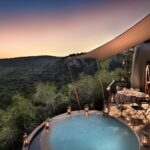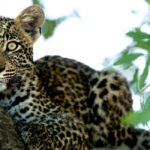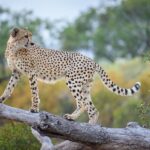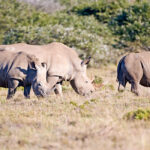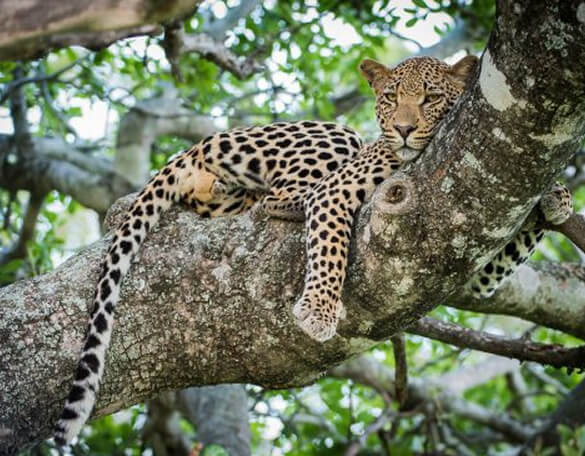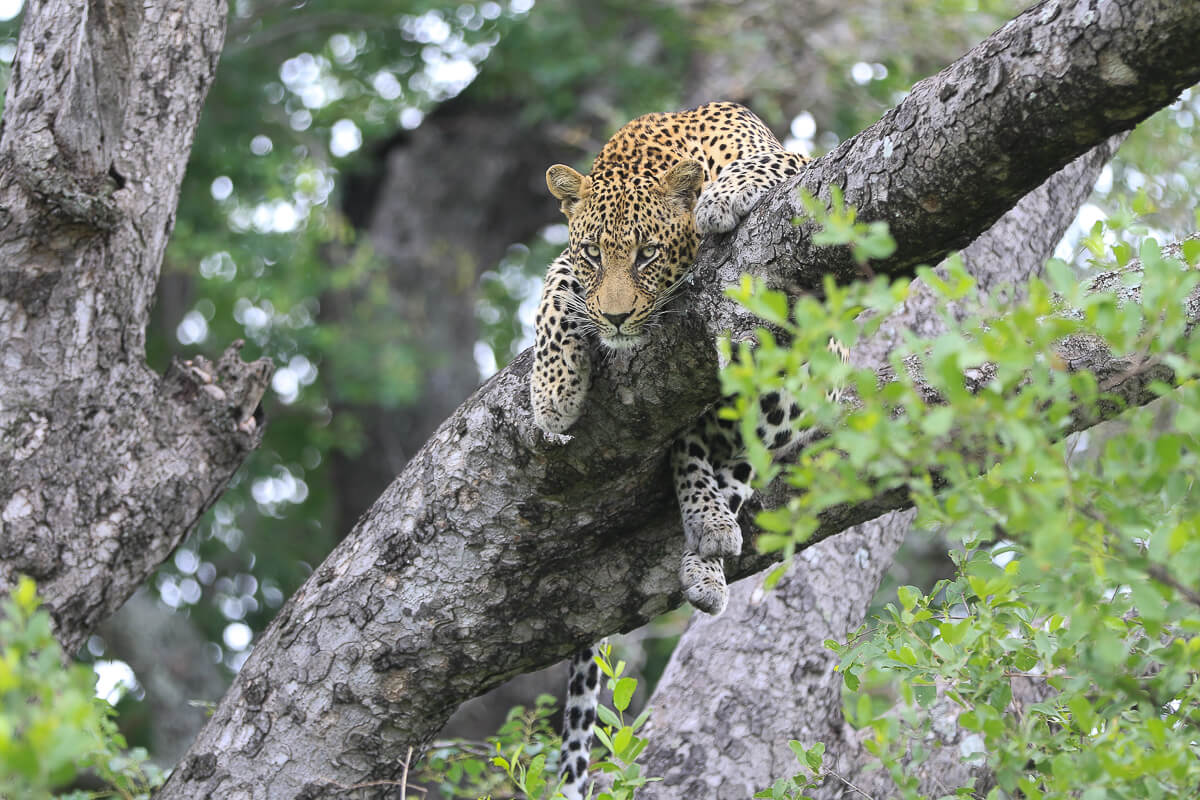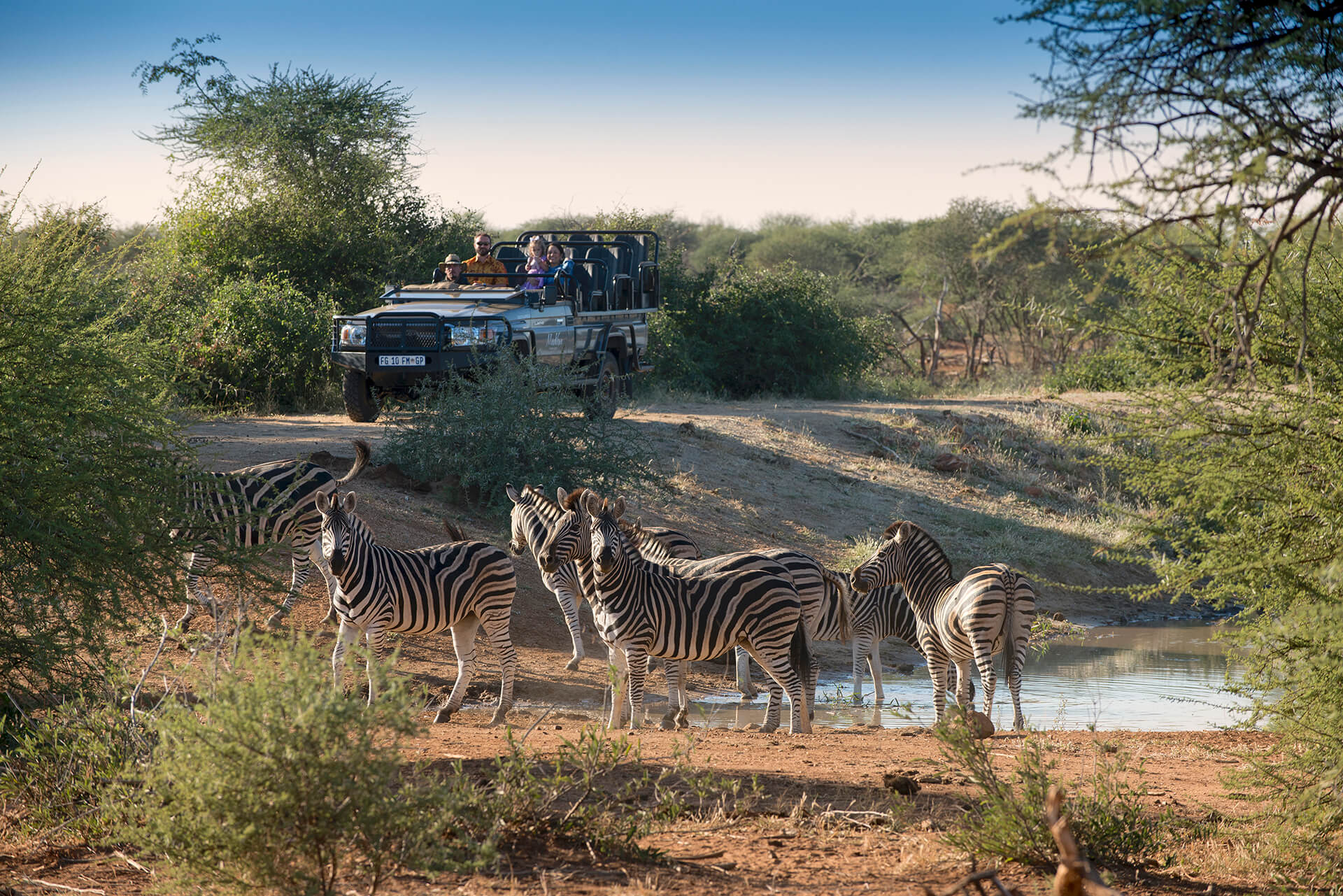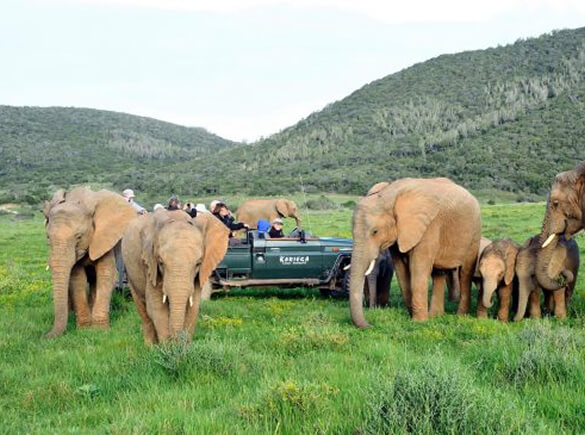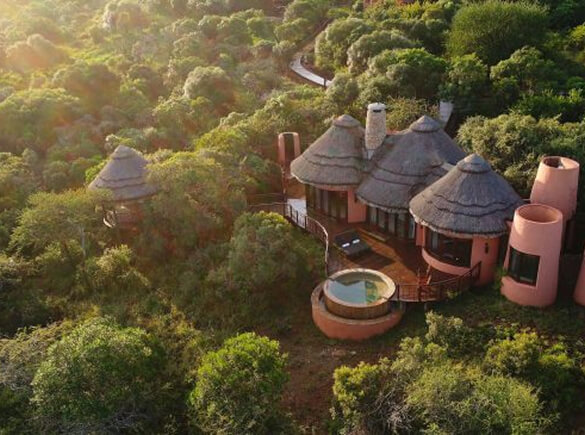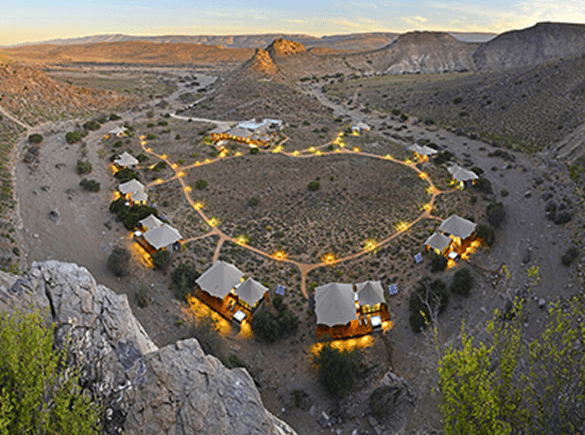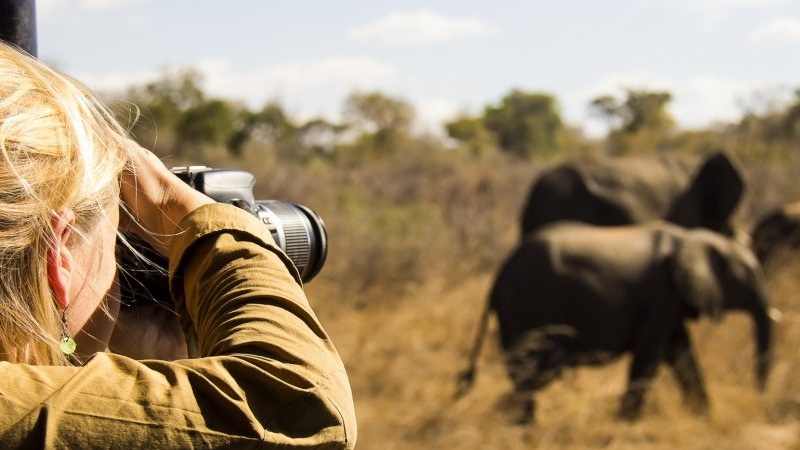
Wildlife viewing or watching is the primary reason why nature lovers go on safari in Africa, and seeing animals in the wild is certainly an exciting and memorable experience. On African safaris, there are no guarantees on how close you will be able to get to the animals. However, there are things that you can do to significantly increase your odds of spotting them. Want to maximise your chances of seeing Africa’s Big Five and the many other animal greats inhabiting its parks and reserves? Here are a few practical tips…
Wildlife Viewing Tips for Spotting Animals on African Safaris
Choose the Right Time
Animal movements and behaviours change according to the time of day. Of course, going out to view wildlife at times when the animals are most active makes it more likely that you will spot them.
The most active times for the majority of mammals and birds in Africa are dusk and dawn. During the middle of the day, the sun is normally too hot for the creatures. Midday is a good time to view reptiles, though.
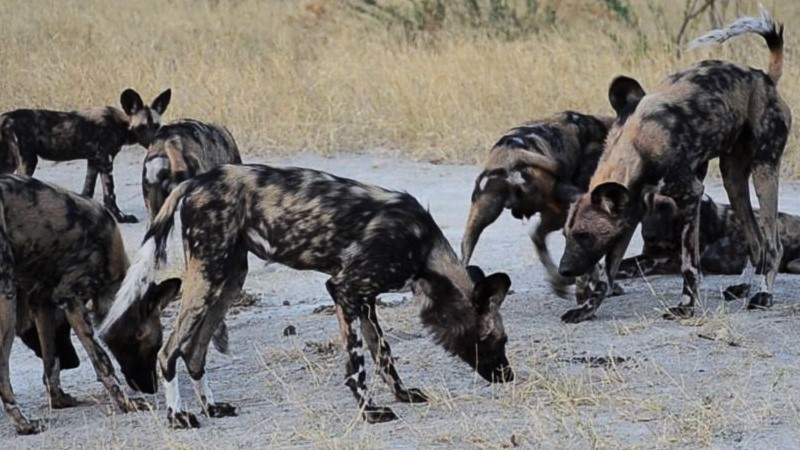
Consider the Weather
Weather plays a major role in animal activity, making it a good spotting guide. When it’s sunny or windy, animals typically seek shelter in covered areas. When it’s overcast, activity may increase due to longer dusks or dawns.
On really cold nights, nocturnal animals can remain active right through the dawn. Surges of activity commonly occur following weather storms, bringing out smaller creatures and, naturally, their predators.
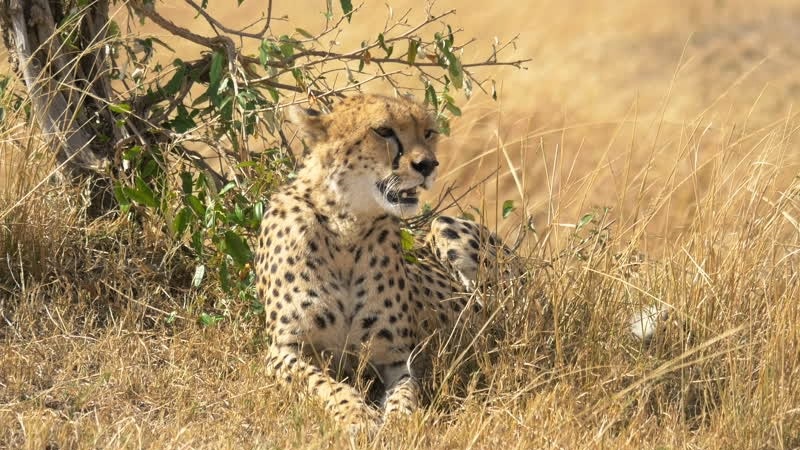
Look for Water
Where there is water, there will be wild animals drinking it. Therefore, it is a good idea to hang around at rivers, lakes and watering holes for wildlife viewing. Most animals drink on a daily basis if possible.
If you want to spot big cats and predators, the times to hang out at watery areas are sunrise and sunset. Many large herbivores also favour these times. Prey animals prefer to drink small amounts throughout the day.
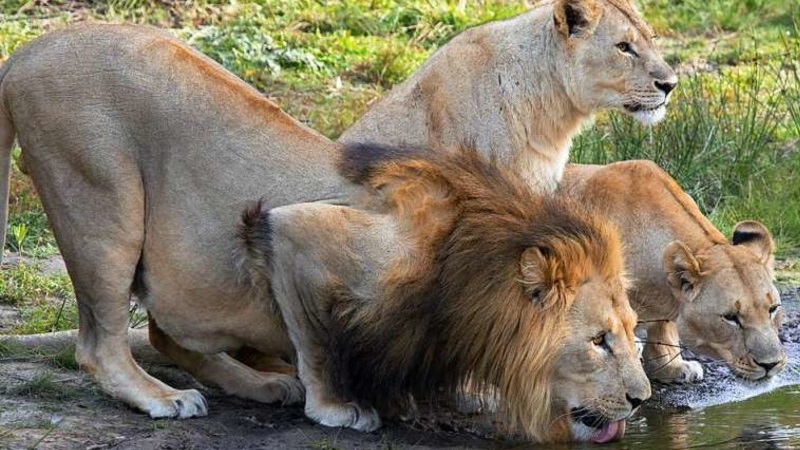
Follow the Signs and Tracks
Active wild animals tend to leave tracks and other signs of their presence, such as droppings, scrapes and nests. Large carnivores and herbivores generally leave noticeable track on dirt roads.
Wild dogs and cats in Africa often use sandy and dirt roads in the process of hunting for food. Following their tracks to points that deviate off the roads can lead you to the animals themselves.
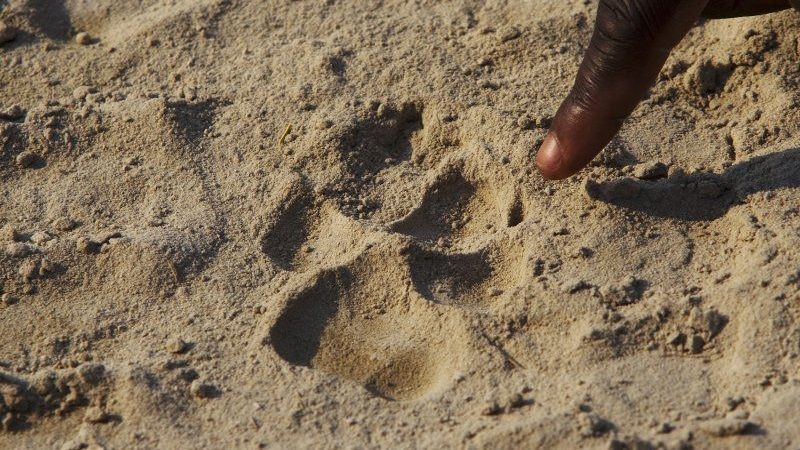
Go with a Guide
Guided tours with a safari expert boost your chances of spotting the wild animals you would like to see.
They also give you access to the extensive knowledge and experience of professional guides.
As a first-time safari-goer, you can learn all types of useful things from a safari guide or ranger. This includes where and how to spot wildlife. In general, safari guides improve wildlife viewing.
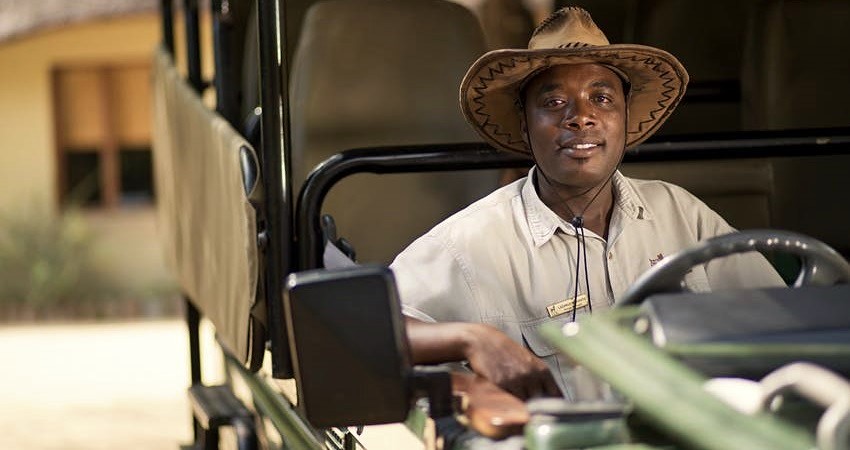
Bring the Right Equipment
The right tools can help greatly with spotting wildlife on African game drives and bush walks. Moreover, they make it possible to capture picture-perfect moments when you observe the animals.
There are several tools that can enhance the safari experience, but the most important accessories are binoculars (and/or a spotting scope) and a high-quality zoom camera. Field guide books are helpful, too.
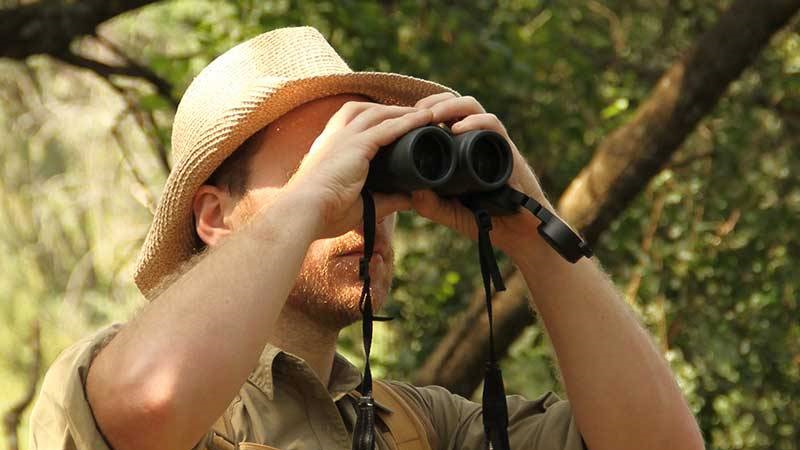
–
At Safaris Down South, we offer comprehensive safaris with the best opportunities for wildlife viewing at top South African safari destinations. Learn more about us here or contact us for more information.

